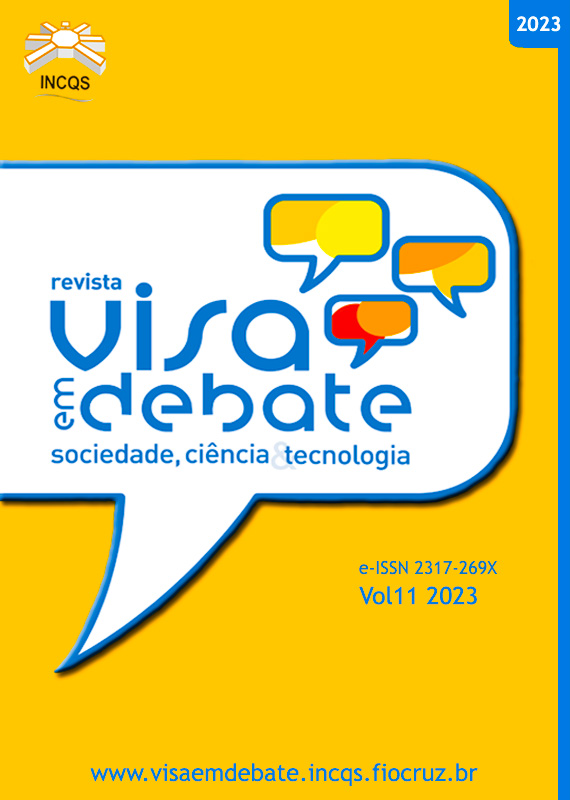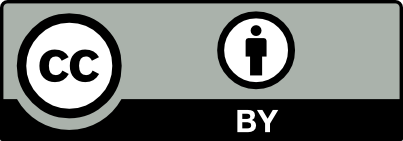Regulations, characteristics and feasibility of partitioning oral solid drugs according to current Brazilian legislation
Vigil Sanit Debate, Rio de Janeiro, 2023, v.11: e02175| Published on: 03/10/2023
DOI:
https://doi.org/10.22239/2317-269x.02175Keywords:
Drugs, Active Principle, Collective Health, Diseases, Solid Oral Dosage Form, Tablet PartitionAbstract
Introduction: The difficulty in swallowing solid oral dosage forms is collectively reported by patients; however, this form of medication is still the most frequently prescribed. Objective: To investigate the format, dimension and viability of partitioning drugs in solid forms most frequently sold in Brazil and evaluate the regulations and the dissemination of this information to the population. Method: The shape and size of solid oral forms were obtained from the collection, analysis and measurement of 470 drugs. The feasibility of partitioning was verified by the presence or absence of grooves and by reading their respective package inserts. A bibliographic survey of current regulations was carried out and the format, size and partition data found were debated in terms of these regulations. Results: Pills with the same type and dose of the active pharmaceutical ingredient showed size differences related to the classification of the drug (reference, generic and similar) and pharmaceutical laboratory. Generic drugs, in general, had larger dimensions than similar and reference drugs. The difference in volume (mm3) of tablets of the same classification and different pharmaceutical laboratories reached 66.00%. Considering the information on the package inserts, 90.00% of the drugs analyzed do not have partition permission. Several drugs do not present information about partition consistent with Anvisa RDC nº 47. Conclusions: Disclosure of the format and size of medications in package inserts and/or packaging can help patients with dysphagia. For greater security, partitioning
of medications should not be based on the groove present in them, and it is necessary to consult the package leaflet.
Downloads
Downloads
Published
Issue
Section
License
Copyright (c) 2023 Renata Colombo, Filippo Clava, Vinícius Bezerra Medeiros (Autor)

This work is licensed under a Creative Commons Attribution 4.0 International License.
COPYRIGHT ALLOWANCE The author (s) hereinafter designated as the ASSIGNOR hereby assign and transfer, free of charge, the ownership of the copyrights related to this ARTICLE to the Vigilância Sanitária em Debate: Sociedade, Ciência & Tecnologia (Health Surveillance under Debate: Society, Science & Technology) – Visa em Debate, represented by FUNDAÇÃO OSWALDO CRUZ, established at Av. Brasil, nº 4365, Manguinhos, Rio de Janeiro, RJ, Brazil, CEP 21045-900, under the conditions set out below: (a) The terms and conditions set forth in this Agreement shall apply to the following: 1. The ASSIGNOR declares that they s(he) is (are) the author (s) and owner (s) of the copyrighted property of the ARTICLE submitted. 2. The ASSIGNOR declares that the ARTICLE does not infringe the copyrights and / or other property rights of third parties, that the disclosure of images (if any) has been authorized and that they s(he) assume(s) full moral and / or property liability for its content, before third parties. 3. THE ASSIGNOR assigns and transfers all copyrights relating to the ARTICLE to the ASSIGNEE, especially the rights of editing, publication, translation into another language and reproduction by any process or technique. The ASSIGNEE becomes the exclusive owner of the rights related to the ARTICLE, and any reproduction, totally or partially, is prohibited in any other means of publicity, printed or electronic, without prior written authorization from the ASSIGNEE. 4. The assignment is free and, therefore, there will be no remuneration for the use of the ARTICLE by the ASSIGNEE.







